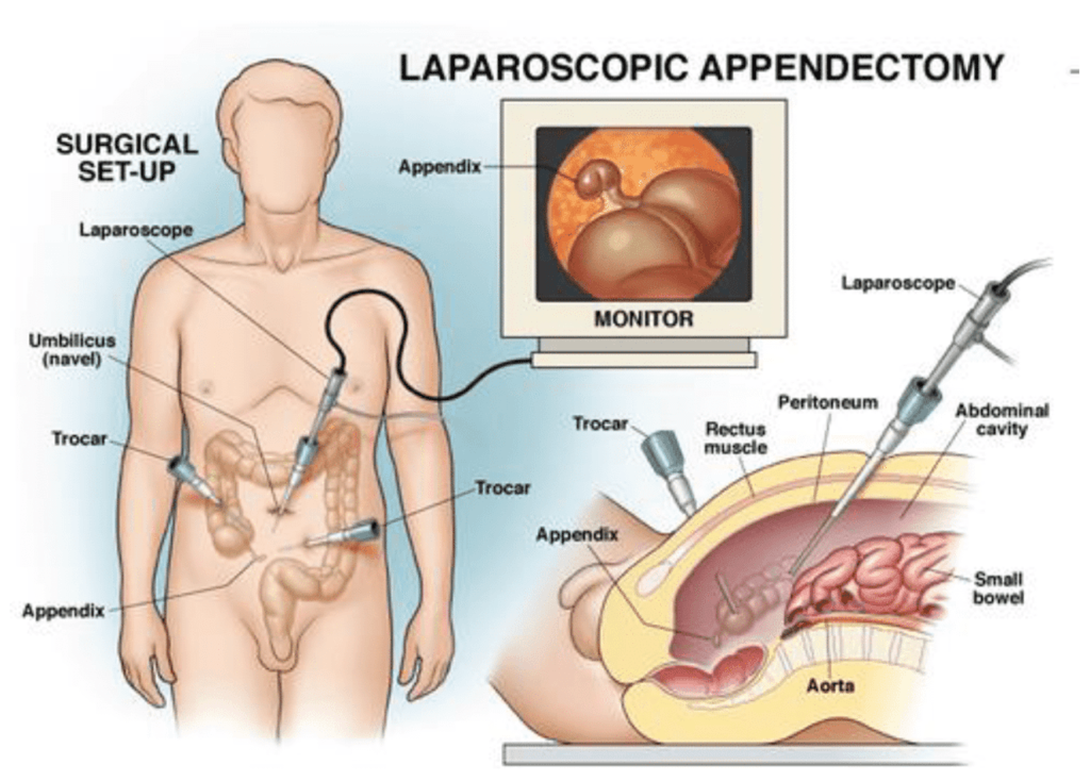A nurse is collecting data from a client who has anemia due to excessive blood loss during surgery. Which of the following findings should the nurse expect?
Respiratory depression
Intense abdominal pain
Bradycardia
Dyspnea on exertion
The Correct Answer is D
Choice A reason: Respiratory depression is not a typical finding associated with anemia; it is more related to respiratory or central nervous system issues.
Choice B reason: Intense abdominal pain is not a common symptom of anemia and would likely indicate other medical conditions.
Choice C reason: Bradycardia, or slow heart rate, is not commonly associated with anemia. Anemia usually causes tachycardia, or a fast heart rate, as the body attempts to compensate for the reduced oxygen-carrying capacity of the blood.
Choice D reason: Dyspnea on exertion is a common symptom of anemia, as the reduced number of red blood cells leads to decreased oxygen delivery to the tissues, causing shortness of breath during activities.
Nursing Test Bank
Naxlex Comprehensive Predictor Exams
Related Questions
Correct Answer is A
Explanation
Choice A reason: Assessing the client's level of anxiety is crucial as it can inform the nurse about the severity of the OCD symptoms and guide further interventions.
Choice B reason: Interrupting compulsive behavior abruptly can cause significant distress to the client and is not recommended without proper behavioral therapy techniques.
Choice C reason: Negative reinforcement techniques are not typically used in OCD management as they can exacerbate anxiety and are not considered therapeutic.
Choice D reason: Encouraging avoidance of anxiety-increasing situations may reinforce OCD behaviors and is not a recommended approach. Exposure and response prevention, a type of cognitive-behavioral therapy, is often used instead.
Correct Answer is A
Explanation
Choice A reason: An appendectomy is a surgical procedure to remove the appendix, typically due to appendicitis.

Choice B reason: Removal of the colon is known as a colectomy, not an appendectomy.
Choice C reason: Cutting into the appendix may be part of the procedure, but appendectomy specifically refers to the removal of the appendix.
Choice D reason: Repair of the appendix is not a common procedure; appendectomies are performed to remove the appendix, not repair it.
Whether you are a student looking to ace your exams or a practicing nurse seeking to enhance your expertise , our nursing education contents will empower you with the confidence and competence to make a difference in the lives of patients and become a respected leader in the healthcare field.
Visit Naxlex, invest in your future and unlock endless possibilities with our unparalleled nursing education contents today
Report Wrong Answer on the Current Question
Do you disagree with the answer? If yes, what is your expected answer? Explain.
Kindly be descriptive with the issue you are facing.
